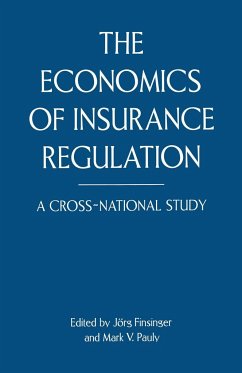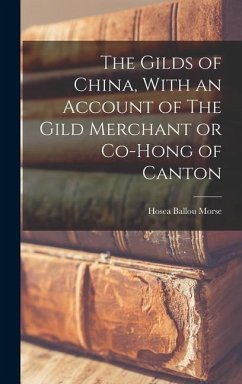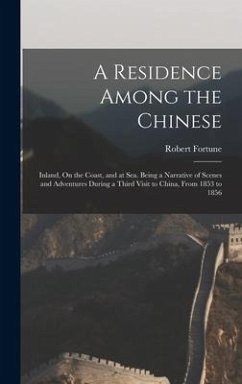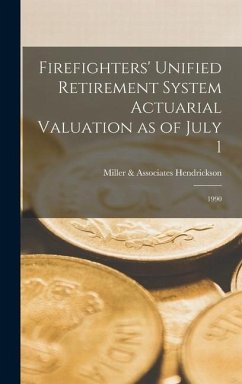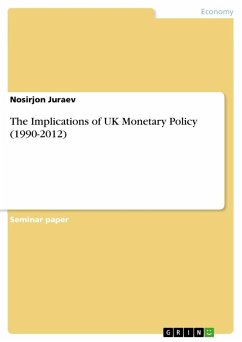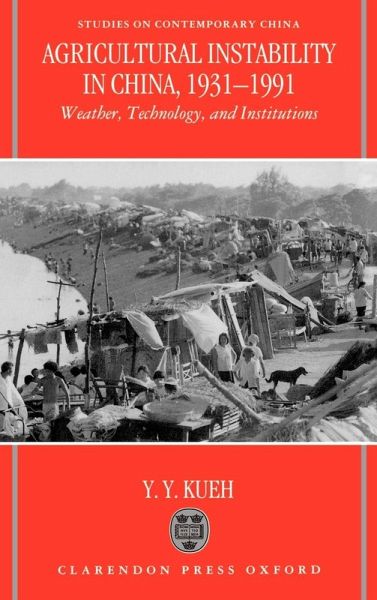
Agricultural Instability in China, 1931-1990
Weather, Technology, and Institutions
Versandkostenfrei!
Versandfertig in 1-2 Wochen
59,99 €
inkl. MwSt.

PAYBACK Punkte
30 °P sammeln!
China is particularly dependent upon her agricultural surplus for financing her ambitious industrialization programme, but the performance of the agricultural sector of the economy has been extremely unstable throughout the twentieth century. Professor Kueh provides a scholarly and authoritative account of this vital part of the Chinese economy during the period 1931-1990, based upon detailed statistical data and other sources of material. Professor Kueh has achieved a unique analysis of the interrelationships between natural, economic, and institutional factors, which lie at the heart of Chin...
China is particularly dependent upon her agricultural surplus for financing her ambitious industrialization programme, but the performance of the agricultural sector of the economy has been extremely unstable throughout the twentieth century. Professor Kueh provides a scholarly and authoritative account of this vital part of the Chinese economy during the period 1931-1990, based upon detailed statistical data and other sources of material. Professor Kueh has achieved a unique analysis of the interrelationships between natural, economic, and institutional factors, which lie at the heart of China's agricultural performance. He describes policy changes, technological advances, and natural factors such as climactic conditions, and distinguishes the effect of each factor in the varying level of agricultural production. The strength of this book lies not only in its collection and analysis of data but in the innovative methodological process used, including the construction of a `weather index', which will be invaluable not only for Chinese studies scholars but also for those wishing to undertake similar work for other countries.



